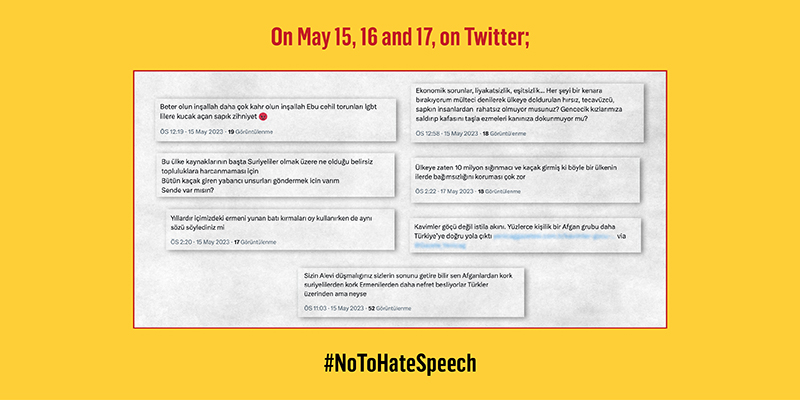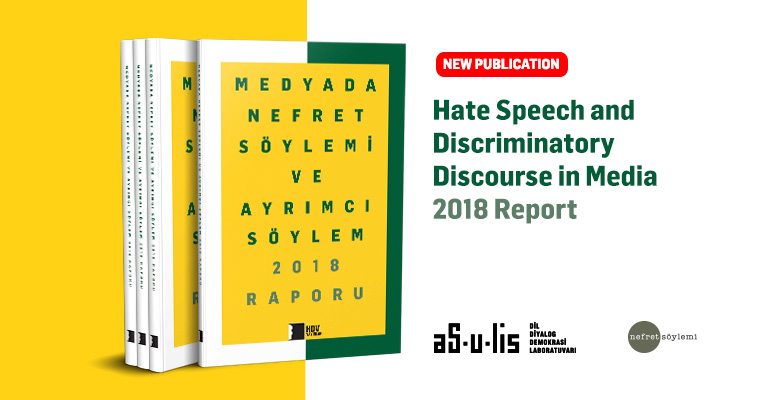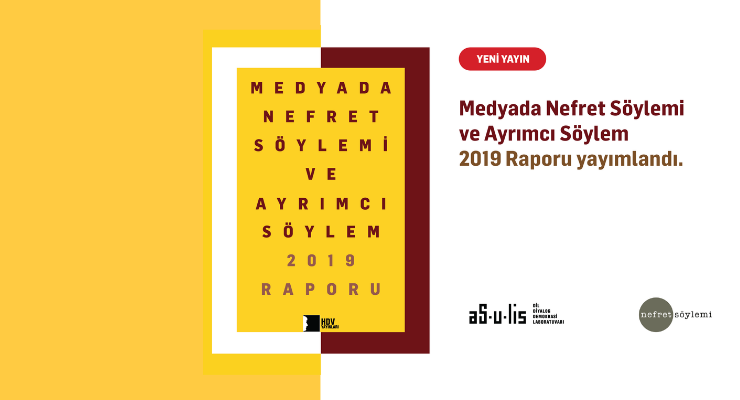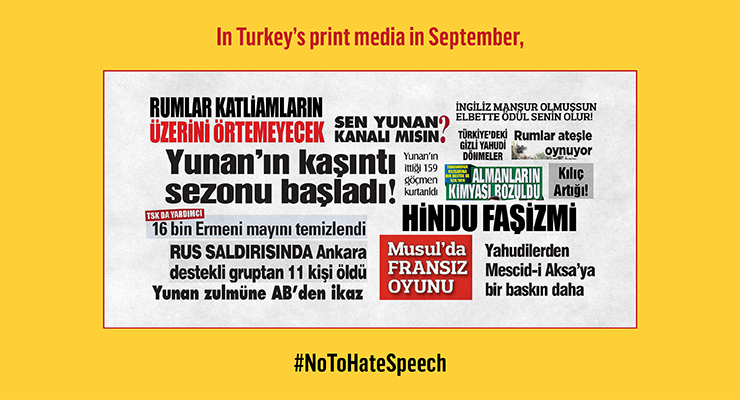This analysis focuses on how hate speech is generated in discussions on Twitter following the presidential and parliamentary elections held on May 14. For the analysis on May 15, 16 and 17, we scanned Twitter for trend topics in Turkey, namely topics related to identities. While conducting this scan, we identified keywords associated with certain identity groups that were commonly mentioned between May 14 and May 28, when the second round of voting for the presidential election will take place.
Since the discourse and debates on Alevi identity have intensified after May 14th, 'Alevi' was also included among these words. In order to examine the discourse on refugees, which are frequently included in the election promises of politicians, we included the words 'Afghan', 'refugee' and 'asylum seeker' in scan. Searching for these words also led us to comments on Syrians in the tweets, so we did not include 'Syrian' among the keywords.
Since all of the tweets we accessed were examined manually, for the sake of efficiency, we carried out a second filtering based on experience gained in the monitoring study and included the most common patterns in the scan. For example, we realized that the words 'pervert' and 'deviant', which are frequently used when producing hate speech against LGBTI+s, are also used to produce hate speech against both LGBTI+s and refugees.Therefore, we included both keywords in the scan.
After scanning a total of 22,900 tweets, we analyzed 2395 of them, and found hate speech and discriminatory discourse in 1124 (46.9%) of the analyzed tweets.
- We analyzed 500 out of 6970 tweets in which the word 'Alevi' was mentioned. We found that the rate of hate speech against Alevis in these tweets was very low, while the rate of hate speech against Armenians was relatively high; Armenian and Alevi identities were compared, associated with each other, sometimes equated with each other. In some cases the Armenian identity was used as an insult that attributes a negative meaning to the Alevi identity, claiming that Alevis are actually secret Armenians.
- We analyzed 503 out of 3985 tweets containing the word 'Armenian' and found hate speech in 392 (78.4%) of them. In some tweets, claims that Kemal Kılıçdaroğlu is Armenian and therefore not supported by voters came to the forefront. In these tweets, the expression of identity was used as an element of swearing and insult, and hate speech was generated through symbolization by attributing a negative meaning to being Armenian. Additionally, Armenian identity was targeted through swearing, insult and humiliation with the expressions as 'Armenian seed', 'Armenian remnant', 'Armenian spawn.
- We analyzed 500 out of 2737 tweets containing the word 'Afghan'. In 362 (72.4%) of these tweets, hate speech and discriminatory discourse were generated against Afghans. In 147 of the detected tweets, hate speech was produced through the use of negative adjectives such as 'harasser', 'rapist' and 'pervert'. In these tweets, Afghan and Syrian identities were used together and the claim that people with these identities voted in the elections was expressed. In 85 (23.4%) of the tweets, this claim, which was expressed through distortion and exaggeration, was used as a negative propaganda tool while fueling prejudices against refugees.
- We analyzed 154 out of 517 tweets containing the word 'deviant' and found hate speech in 79 (51.2%) of them. In 31 (20%) of the hate speech items, LGBTI+s were targeted with expressions such as 'harming the family institution' and 'corrupting the morals of the generation', which we frequently see in printed media. Hate speech was generated through swearing, insult and humiliation. Refugees were directly targeted in 10 (12.6%) of the tweets, and were targeted with the claim that they are 'dangerous'.
- We analyzed 228 out of 1263 tweets containing the word 'pervert' and found that LGBTI+s were targeted in 26 (14%) of them and refugees in 138 (60.5%).
- We analyzed 310 out of 4213 tweets containing the word 'refugee' and found that hate speech was generated through exaggeration and generalization in 36 (11.6%) of them.
- We analyzed 200 out of 3215 tweets containing the word 'asylum-seeker' and found that refugees were targeted in 91 (45.5%) of them. In these tweets, war and hostility discourse was produced by claiming that the number of refugees will exceed the number of Turkish citizens, and reiterating the idea that refugees pose a threat to Turkey's independence and pointing to refugees as a threat.

This project is financed by the European Union.





